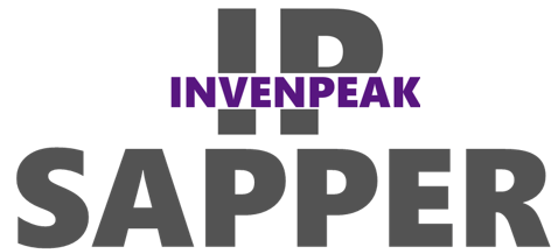The Patents (Amendment) Rules, 2024


The Patents (Amendment) Rules, 2024: Key Changes and Implications
The Indian Patent system has undergone a significant update with the introduction of the Patents (Amendment) Rules, 2024. These amendments streamline the patent filing and prosecution process, aiming to enhance efficiency, reduce timelines, and provide greater clarity for applicants and patent professionals. Below, we explore the key changes introduced by the new rules compared to the previous framework.
1. Section 8 - Statement & Undertaking (Rule 12)
Previous Rule: Applicants had to file the statement and undertaking within 6 months from the application filing date.
Amended Rule: Now, the statement and undertaking must be filed within 3 months from the issuance of the first statement of objections, significantly shortening the time frame.
Key Implication: This change aims to accelerate the processing of applications by requiring an earlier submission of essential information.
2. Divisional Applications (Rule 13)
Previous Rule: There was no provision for filing divisional applications for inventions disclosed in the main application.
Amended Rule: A sub-rule (2A) now allows the filing of further divisional applications for inventions disclosed in the main application.
Key Implication: This change allows for more flexibility in refining and filing divisional applications, expanding the scope of protection for complex inventions.
3. Request for Examination (Rule 24B/24C)
Previous Rule: The time limit for filing a request for examination was 48 months from the priority or filing date.
Amended Rule: The time limit has been reduced to 31 months from the priority or filing date.
Key Implication: The reduction in time emphasizes faster processing of applications, encouraging applicants to act sooner to expedite examination.
4. Grace Period (Rule 29A)
New Rule: The introduction of a new rule allows for a grace period on filing Form 31 with a prescribed fee.
Key Implication: This provides applicants some flexibility to accommodate delays, preventing penalties in certain circumstances.
5. Pre-Grant Opposition (Rule 55)
Previous Rule: There was no specific time limit for the Controller to dispose of pre-grant opposition.
Amended Rule: The Controller must now dispose of the pre-grant opposition within 1 month by passing a speaking order.
Key Implication: This change ensures quicker resolution of oppositions, speeding up the overall patent grant process.
6. Opposition Board Report (Rule 56)
Previous Rule: The Opposition Board report was to be submitted within 3 months.
Amended Rule: The submission time has been reduced to 2 months.
Key Implication: By reducing the submission window, the amendment aims to expedite the opposition proceedings.
7. Certificate of Inventorship (Rule 70A)
New Rule: This new provision allows for the issuance of a certificate of inventorship on request by filing Form 8A with a fee.
Key Implication: Inventors now have formal recognition of their contribution through an official certificate, adding credibility to their work.
8. Renewal Fee Rebate (Rule 80)
Previous Rule: No 10% rebate was available for advance payment.
Amended Rule: A 10% rebate is now provided when renewal fees are paid at least 4 years in advance.
Key Implication: This incentivizes early payment of fees, benefiting long-term patentees financially.
9. Patent Agent Exam (Rule 110)
Previous Rule: The exam covered papers on the Patents Act & Rules, patent drafting, and interpretation.
Amended Rule: The exam now includes papers on the Designs Act & Rules as well.
Key Implication: This broadens the scope of the Patent Agent Exam, requiring candidates to be knowledgeable in both patent and design laws.
10. Working Statements (Rule 131)
Previous Rule: Working statements were to be filed annually within 3 months of the end of each year.
Amended Rule: Now, working statements must be filed once in 3 financial years within 6 months of the expiry of the 3-year period. A 3-month delay can be condoned upon request.
Key Implication: This relaxes the frequency of filing, reducing the administrative burden on patentees.
11. Extension of Time (Rule 138)
Previous Rule: A 1-month extension could be granted by the Controller for certain actions.
Amended Rule: The Controller can now grant up to 6 months of extension for any action, with multiple requests allowed within the 6-month period.
Key Implication: This offers greater flexibility for applicants to complete required actions, reducing the risk of procedural lapses.
12. Fee Changes (1st Schedule)
New Rule: New fees have been added.
Key Implication: Applicants should be aware of the updated fee structure to ensure timely and correct payments.
13. Forms (2nd Schedule)
Amended Forms: Forms 1, 3, 4, and 27 have been updated, and new forms (Form 8A and Form 31) have been introduced.
Key Implication: Applicants need to familiarize themselves with the revised and new forms to ensure compliance with filing requirements.
14. Costs Awarded (4th Schedule)
New Rule: New costs have been added.
Key Implication: This could impact opposition and litigation strategies as the costs associated with patent proceedings may increase.
